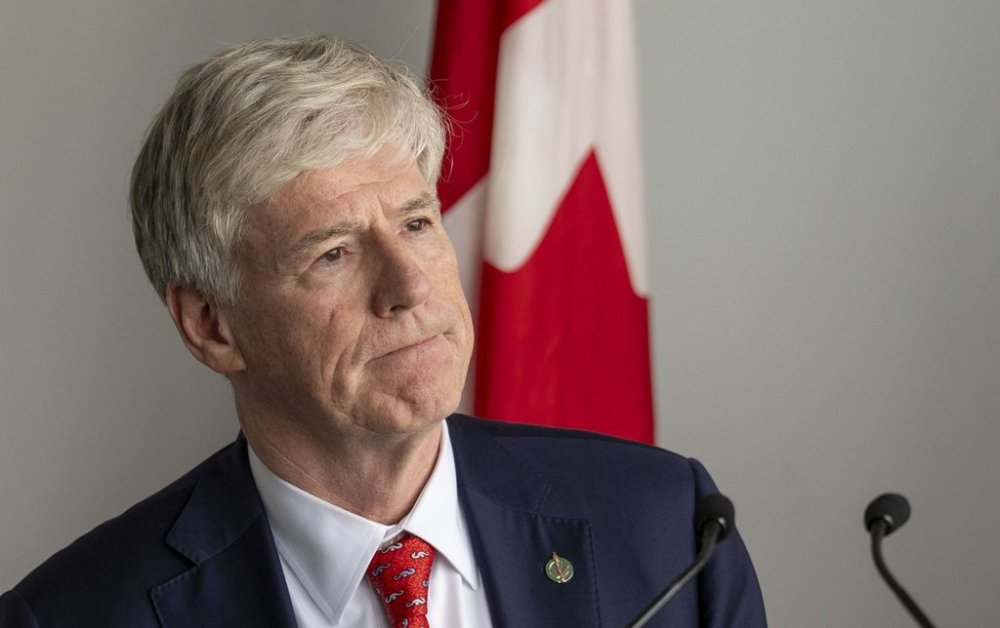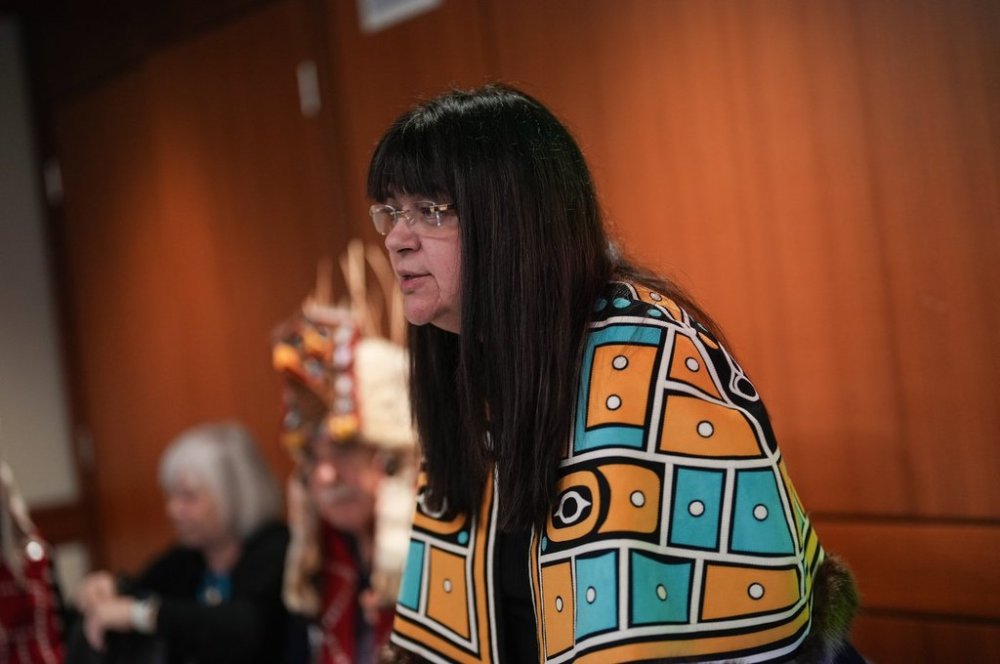B.C. Coastal First Nations vow oil pipeline to north coast ‘will never happen’
Advertisement
Read this article for free:
or
Already have an account? Log in here »
To continue reading, please subscribe:
Monthly Digital Subscription
$0 for the first 4 weeks*
- Enjoy unlimited reading on winnipegfreepress.com
- Read the E-Edition, our digital replica newspaper
- Access News Break, our award-winning app
- Play interactive puzzles
*No charge for 4 weeks then price increases to the regular rate of $19.00 plus GST every four weeks. Offer available to new and qualified returning subscribers only. Cancel any time.
Monthly Digital Subscription
$4.75/week*
- Enjoy unlimited reading on winnipegfreepress.com
- Read the E-Edition, our digital replica newspaper
- Access News Break, our award-winning app
- Play interactive puzzles
*Billed as $19 plus GST every four weeks. Cancel any time.
To continue reading, please subscribe:
Add Free Press access to your Brandon Sun subscription for only an additional
$1 for the first 4 weeks*
*Your next subscription payment will increase by $1.00 and you will be charged $16.99 plus GST for four weeks. After four weeks, your payment will increase to $23.99 plus GST every four weeks.
Read unlimited articles for free today:
or
Already have an account? Log in here »
OTTAWA – The president of the Coastal First Nations in British Columbia said Wednesday an oil pipeline to the province’s north coast “will never happen” and slammed Ottawa for negotiating with Alberta on a possible pipeline deal without involving First Nations.
Prime Minister Mark Carney is expected to unveil details of a memorandum of understanding with the Alberta government on a pipeline project while in Calgary on Thursday.
Alberta Premier Danielle Smith has spoken of a “grand bargain” which would see the proposed Pathways Alliance carbon capture project move forward alongside an oil pipeline to the B.C. coast. She has said Alberta intends to submit a pipeline proposal to the federal Major Projects Office in the spring.

Marilyn Slett, president of the Coastal First Nations, said in a news release her group — which represents nearly a dozen First Nations along the B.C. coast — has faced a “wall of silence” from the federal government on a possible pipeline deal with Alberta.
“Such conduct is not honourable and is fundamentally at odds with Canada’s constitutional, legislative and international obligations to coastal First Nations,” Slett said.
“While the details of this MOU remain to be seen, under no circumstances can it override our inherent and constitutional rights and title, or deter our deep interconnection of mutual respect for the ocean.”
Carney said Tuesday in the House of Commons that B.C. and First Nations have to agree to any pipeline being built to the Pacific coast.
He said the MOU would lay out “necessary conditions but not sufficient conditions” for a pipeline project, adding there is still work to do to get the provincial government and First Nations on board.
Speaking to reporters Wednesday, Liberal MP Marc Miller said the perspectives of the Coastal First Nations should be respected.
“The Coastal First Nations, and I know their leader, are very reasonable people and they have very significant concerns,” said Miller, who was the minister of Indigenous Services in the Trudeau government.
“It’s not about getting past them. It’s about sitting down with them. That would be an essential condition. You can’t just mull over them, they won’t let you. There’s a lot of power in First Nations community, and that’s just the reality of it.
“There’s no pipeline that’s going to get done without support from First Nations communities along the affected lines.”
Conservative MP Ellis Ross, whose riding is along B.C.’s north coast, told reporters Wednesday that the MOU is meant to “ease” the pipeline application’s path when it’s filed for regulatory review, either with the Impact Assessment Agency of Canada or the Major Projects Office.
Asked whether First Nations should have veto power, Ross said the law is already clear.

“That’s already laid out in case law. There’s a whole road map on how rights and title should be addressed,” Ellis said, noting First Nations haven’t been involved in this process and no project has been submitted for them to review.
“The clock doesn’t start ticking until the application is submitted to the regulatory agencies. And as far as I know, no application has been submitted.”
B.C. Premier David Eby said he told Carney during a phone call Monday that it was “unacceptable” for Ottawa and Alberta to negotiate a possible pipeline through his province without involving his government.
Energy Minister Tim Hodgson said this week the federal government would speak to the B.C. government “in short order” and said B.C. has benefited from Ottawa’s push for major projects more than any other province.
In its budget released earlier this month, the Carney government committed to strengthen the industrial carbon price and to enhance regulations to cut methane emissions from the oil and gas sector.
Smith has also said she’s open to adjusting Alberta’s carbon pricing system as part of its negotiations with Ottawa.
This report by The Canadian Press was first published Nov. 26, 2025.

